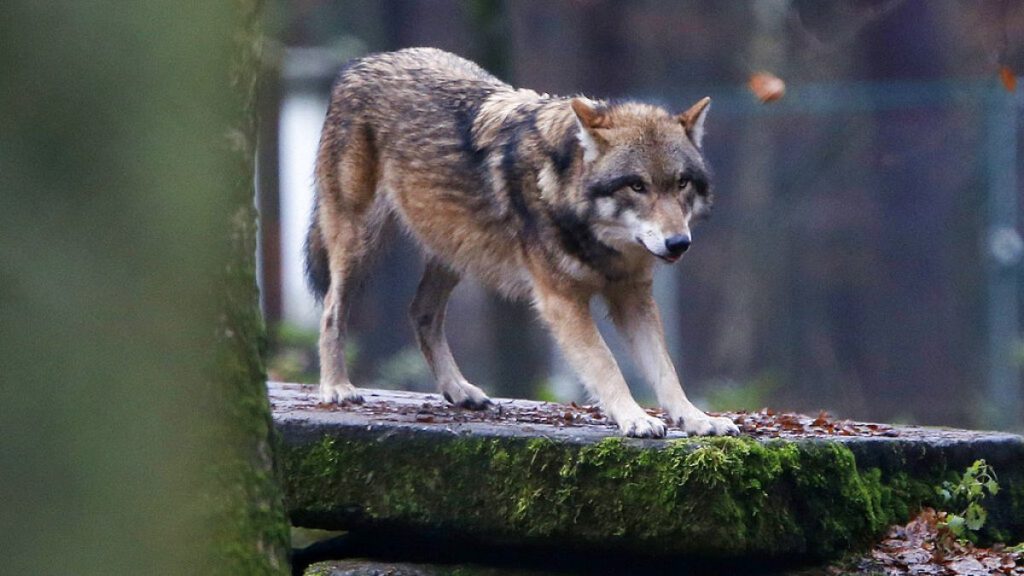The recent proposal to downgrade the protection status of wolves under the Bern Convention has sparked major controversy among conservationists and animal rights activists. The Council of Europe supported this EU-backed initiative, which aims to change the status of wolves from “strictly protected” to “protected.” This shift is seen as a precursor to amending existing EU nature protection laws, intended to provide greater flexibility in wolf population management, according to the European Commission. European Commission President Ursula von der Leyen expressed the necessity of this change, framing it as a balanced approach to safeguarding livelihoods in rural communities impacted by increasing wolf populations. Notably, she has personal experience with the issue, having lost a family pony to a wolf in 2022, which she leveraged to support the argument that wolves pose a threat to livestock and human safety.
Critics of the proposed downgrading claim the decision is politically motivated rather than based on scientific evidence and argue that it could lead to increased culling and hunting of wolves for sport. Prominent conservationists warn that this decision could set a dangerous precedent for the protection status of other species such as bears and lynx. Joanna Swabe, from Humane Society International/Europe, emphasized the negative implications for nature conservation, alleging that industrial farming and hunting lobbies influenced the decision, and accusing lawmakers of succumbing to political pressures over scientific integrity. European Green MEP Thomas Waitz has also pointed out the influence of right-wing populist groups on the EU’s decision-making process, asserting that the political dynamics surrounding the proposal undermine the ecological rationale for biodiversity protection.
Environmental advocates believe that modifying the status of wolves sends the wrong message about human-wildlife coexistence. Organizations such as Eurogroup for Animals and BirdLife Europe have characterized the wolf as a political pawn in a broader narrative shaped by misinformation. They emphasize that simply downgrading protections will not resolve the challenges of cohabitation between wolves and farming communities. Instead, they argue, it exacerbates the risks to wildlife while failing to deliver adequate support mechanisms for farmers facing livestock predation. The failure to invest in evidence-based strategies for coexistence is viewed as a serious oversight that could hinder ongoing conservation efforts that have taken decades to establish.
The procedural vote that led to this decision was markedly different from previous stances taken by the EU regarding wolf protection. Notably, the EU had previously rejected a similar proposal from Switzerland in 2022, highlighting a reversal in policy direction. Florencia Sanchez from the European Environmental Bureau noted that this shift undermines the credibility of EU environmental governance, suggesting that discrediting scientific standards for political gain damages the integrity of the EU’s legislative processes. With the proposal now backed by the Council of Europe, it could take effect in three months unless significant objections arise from at least a third of the convention’s parties.
Despite the support for the proposal, opposition is mounting. Italian non-profit Green Impact has announced plans to challenge the EU Council’s endorsement of the Commission’s proposal in the European Court of Justice. This challenge aims to address the perceived obsolescence of environmental regulations created in earlier decades, highlighting the need for an updated framework that better aligns with contemporary conservation efforts. The Bern Convention, established in 1982, has played a crucial role in the recovery of Europe’s wolf population, which has reportedly increased to over 20,000 individuals since its inception. Calls for a revision of outdated legal protections underscore the tension between evolving conservation goals and the political realities affecting policymaking in Europe.
The proposal to downgrade the protection status of wolves signals a broader struggle within European societies regarding conservation priorities and rural economic interests. As populations of large carnivores like wolves rebound, the consequences of this recovery must be carefully managed to ensure both wildlife protection and the livelihoods of communities that coexist alongside them. Advocates for wolf conservation argue that the emphasis must shift from culling and hunting to finding sustainable solutions for coexistence. By prioritizing ecological science in legislative processes, Europe could protect its rich biodiversity while fostering resilience among rural agricultural communities, thereby addressing the intricacies of human-wildlife relationships in an ever-changing landscape.










